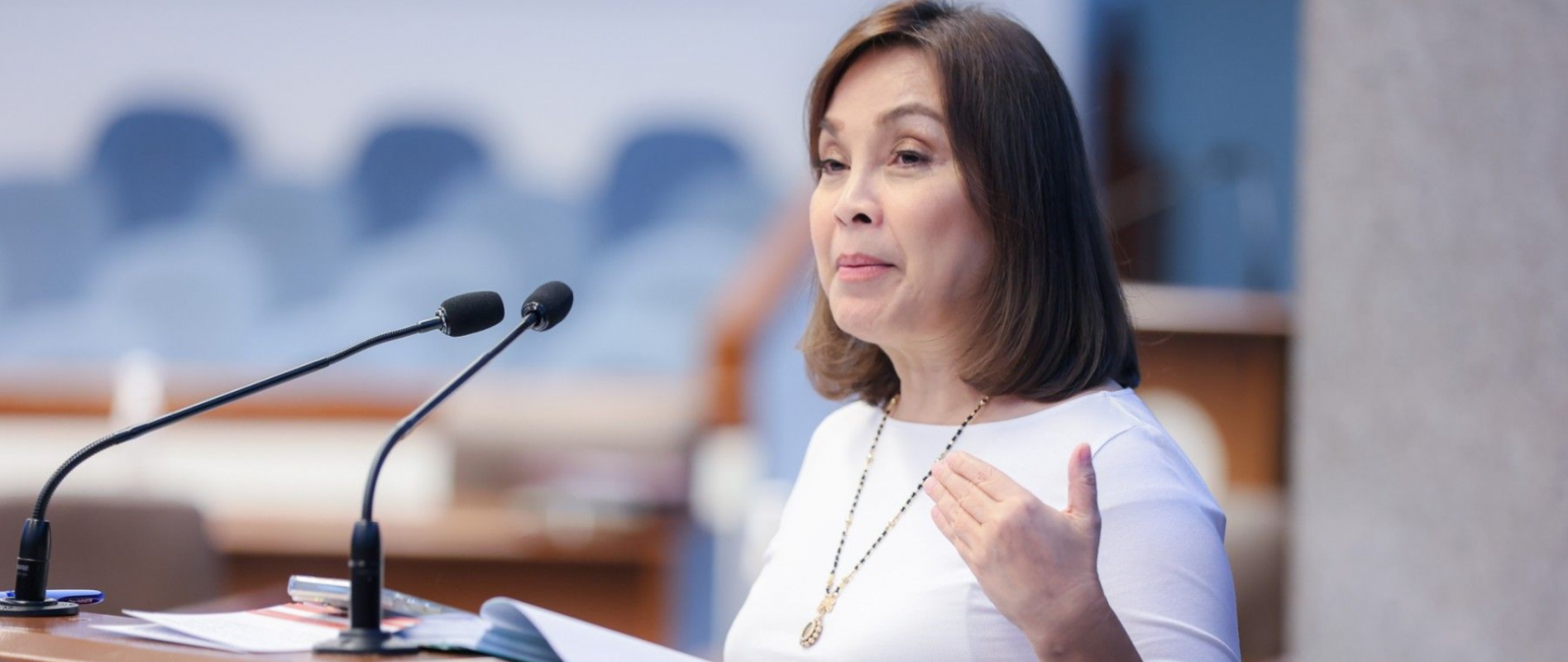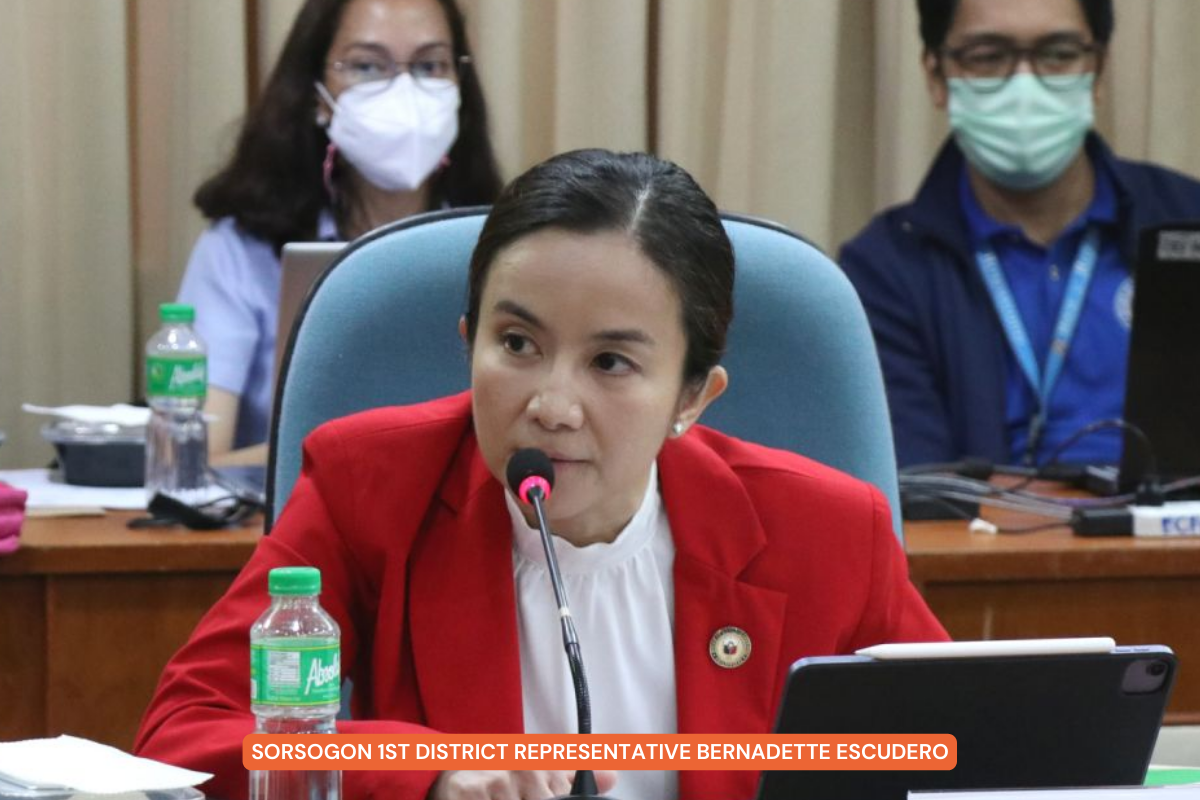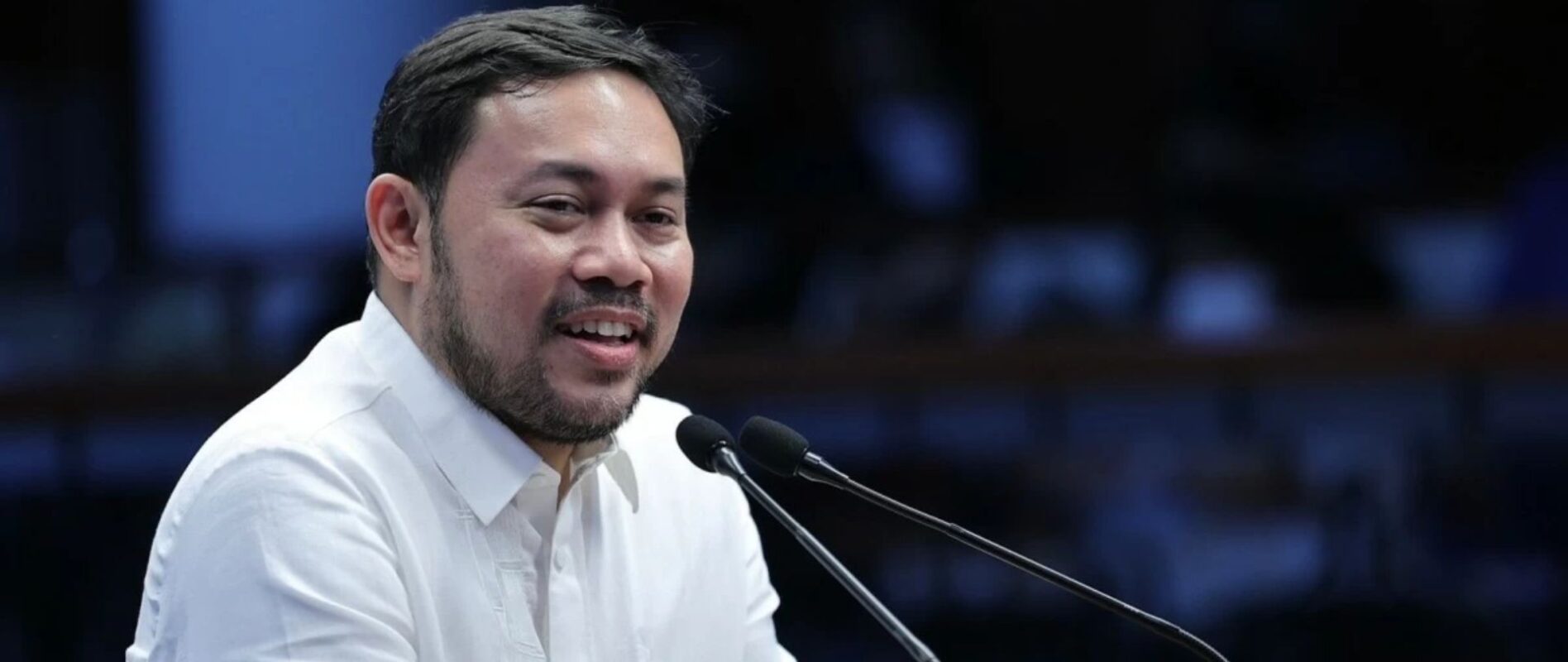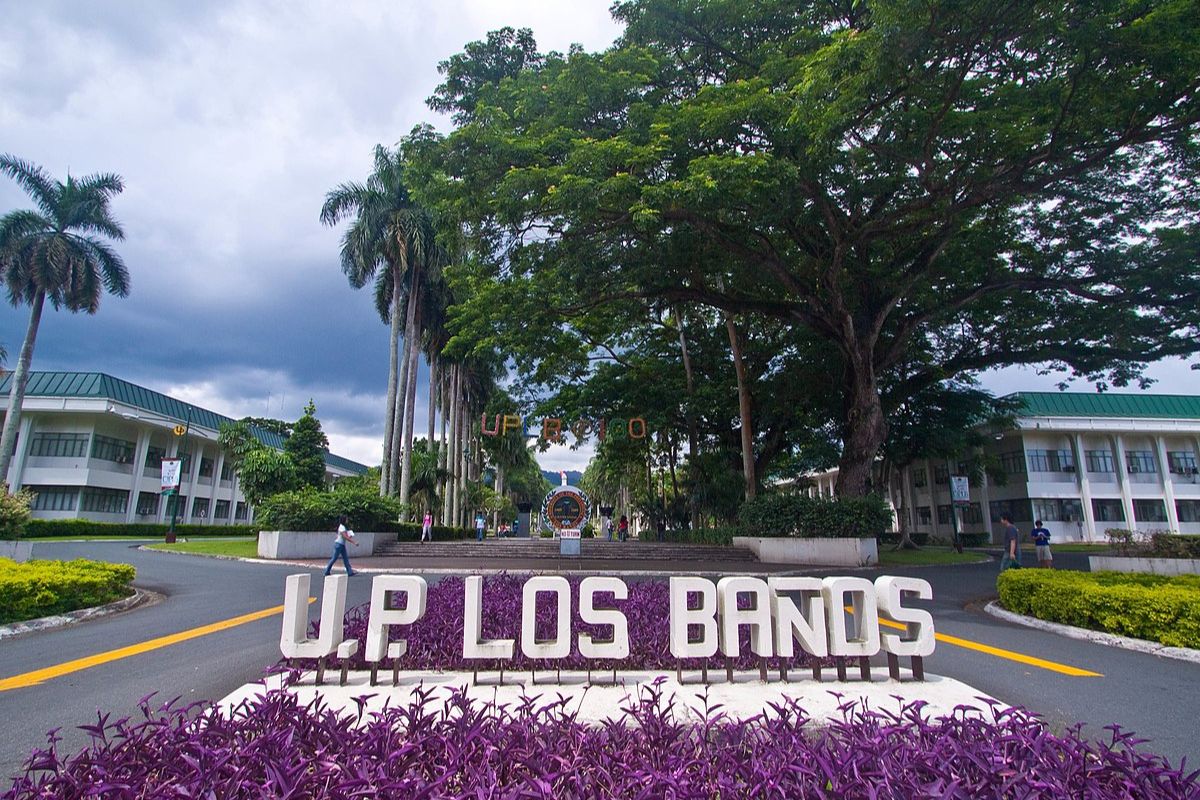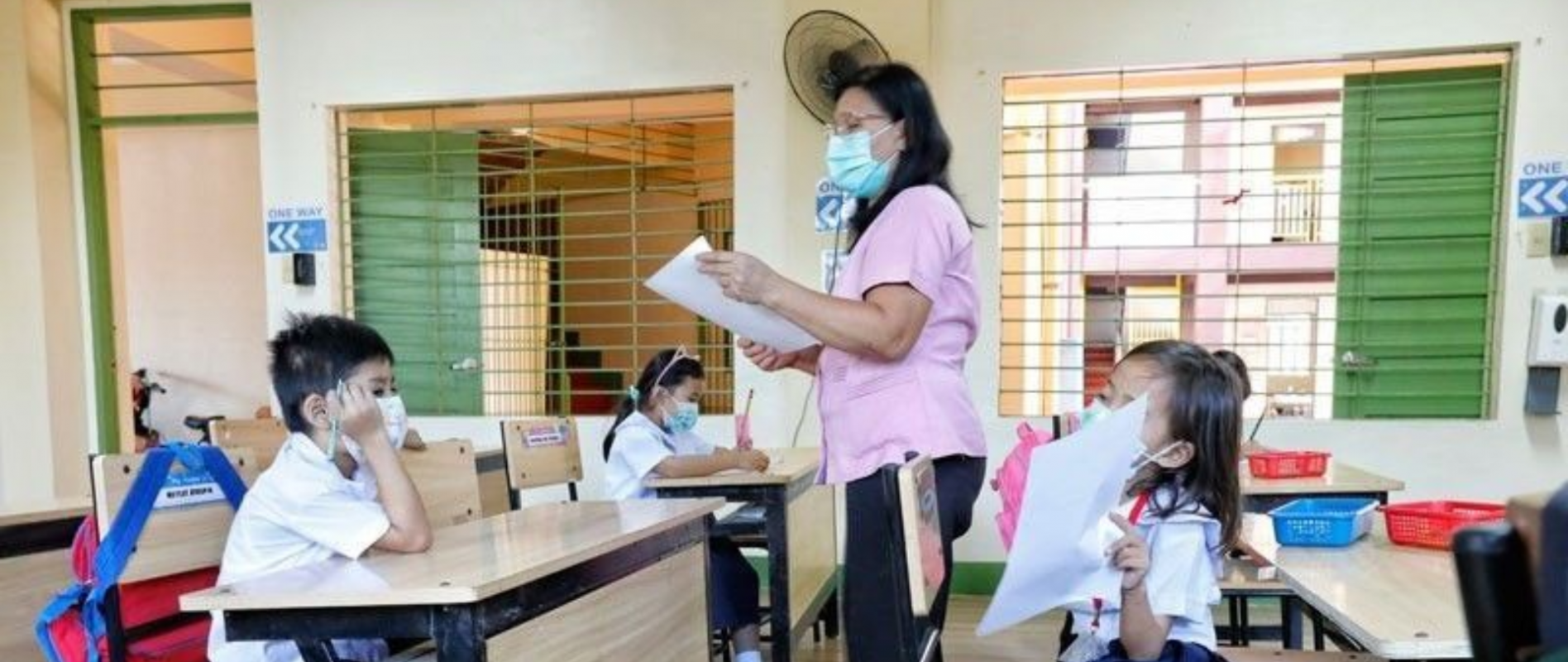SENATOR PUSHES FOR LAST MILE SCHOOLS ACT TO BRING EDUCATION TO REMOTE AND CONFLICT-AFFECTED AREAS
SENATOR Loren Legarda has filed a measure to ensure that Filipino learners in geographically isolated, disadvantaged, and conflict-affected areas (GIDCA) have equal access to quality basic education and safe learning environments.
Legarda’s Senate Bill No. 1412, or the proposed Last Mile Schools Act, seeks to institutionalize the establishment of public basic education schools—known as Last Mile Schools—under the Department of Education (DepEd).
These schools will cater to children in the most remote and underserved parts of the country, including Indigenous Cultural Communities, where the lack of facilities, teachers, electricity, and access roads continues to deny many children their constitutional right to education.
“Education is a basic right, not a privilege. But for far too many Filipino children in remote and conflict-affected areas, schools remain physically out of reach,” Legarda said. “This bill ensures that the last mile of our education system is finally bridged—so that every child, no matter how far, can learn and thrive.”
The bill addresses inequities faced by learners in isolated and marginalized areas by providing both infrastructure and institutional support.
Under the measure, DepEd will identify and establish Last Mile Schools in areas with fewer than four classrooms, makeshift structures, no electricity, multi-grade classes, or where more than 75% of students are Indigenous learners.
To remove physical barriers, the bill mandates key government agencies to provide essential services:
The Department of Public Works and Highways (DPWH) will build access roads leading to Last Mile Schools;
The Department of Energy (DOE) and the National Electrification Administration (NEA) will ensure electrification; and
The Department of Information and Communications Technology (DICT) will provide internet connectivity.
The proposed measure also directs DepEd to design context-sensitive programs for these communities—covering curriculum design, teacher deployment, school maintenance, learner support services, and evaluation systems.
DepEd will likewise develop staffing standards and funding formulas to ensure the sustainability of these schools.

